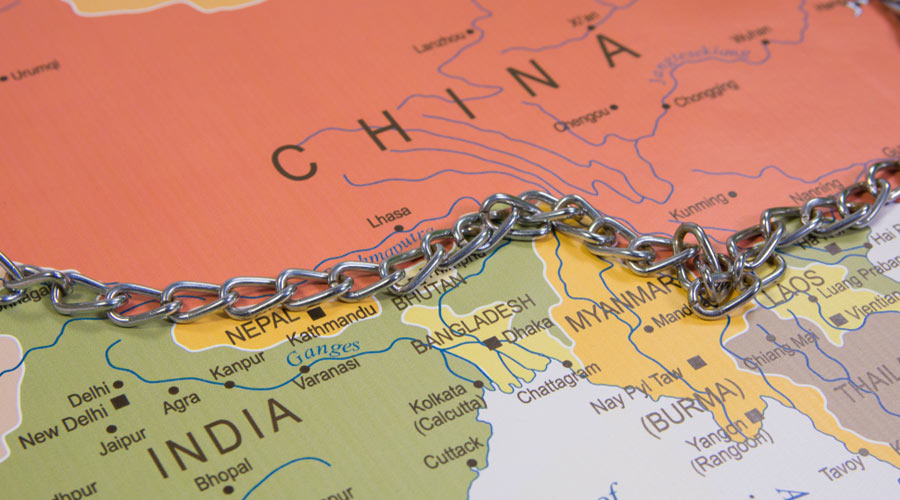The earlier situation of "emergency control" at the India-China border is a matter of the past, and overall it is stable at present, a senior Chinese diplomat said here.
Interacting with journalists on Friday evening, Minister Counsellor of the Chinese Embassy in India, Chen Jianjun, said the two Asian giants continue to maintain communication via diplomatic and military channels, promoting the transition of the border situation to "normalised management and control".
"The current border situation is overall stable," he said.
Indian and Chinese soldiers clashed along the Line of Actual Control (LAC) in the Tawang sector of Arunachal Pradesh on December 9, resulting in minor injuries to a few personnel from both sides. The clash near Yangtse in the sensitive sector took place amid the border standoff between the two sides in eastern Ladakh.
The ties between India and China nosedived significantly following the fierce clash in Galwan Valley in June 2020 that marked the most serious military conflict between the two neighbours in decades.
"The Chinese side has always viewed and handled China-India relations from a strategic and long-term perspective. Although the relationship faces some difficulties, China's position has never wavered and we have been committed to pushing it back on the track of healthy and steady development," Jianjun said.
He said the two countries could draw strength from their ancient civilisations, and share oriental wisdom with the world, so as to jointly maintain the stability of the international order.
"In a world intertwined with changes and chaos, China and India could speak out loud for more institutional rights of developing countries. The two countries working together will bear on the future of Asia and beyond," he added.
Jianjun said China supports India in fulfilling its role during its presidency of G20 and the Shanghai Cooperation Organisation (SCO).
"China and India's bilateral trade continues to grow. Cultural, scientific, technological, educational and other people-to-people exchanges and cooperation resume in an orderly manner," he said.
The diplomat said China and India share similar positions on many regional and international issues, and have extensive common interests in South-South cooperation, development and poverty reduction, climate change and energy security.
"We believe that China and India could find a way for the neighbouring countries to live in peace and develop together, so as to realise the 'Asian Century'," he added.
Except for the headline, this story has not been edited by The Telegraph Online staff and has been published from a syndicated feed.











